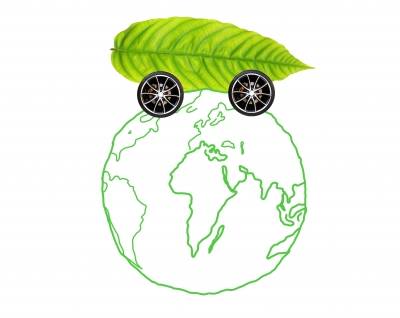
Image courtesy of Sujin Jetkasettakorn
As gas prices are reaching a record high, people are looking to automobile manufactures to produce more fuel efficient cars. Hyundai is answering these cries with a trio of gas sipping hybrids and non hybrids alike. While the masses may be most concerned with fuel efficiency, Hyundai is working to lower fuel emissions as well. On the southern edge of Seoul, Korea, Hyundai constructed the Eco-technology Research Institute whose goal it is to create cleaner burning more efficient vehicles. Already they are developing next generation green vehicles, Electric “dyno” systems for use in green vehicles, technologies for lower exhaust and emissions, & clean production technologies and recycling of old parts. Hybrid technology, thought to be the domain of compact cars, is being used in ways previously thought impossible; such as, developing new Hybrid Blue Drive which includes a lithium power battery as opposed to the traditional lithium ion. Hyundai is in the process of testing thirty of their new Blue-city hybrid busses, which they plan to put into mass production in Korea next year. Also launched in South Korea in 2009, was the Elantra LPI (Liquified Petroleum Injected), the worlds first hybrid electric vehicle to be powered by an internal combustion engine built to run on liquified petroleum gas as fuel.
Diesel engines have always been more efficient than their more commonplace brother, the spark-ignition engine. Hyundai's recently released R-engine is perhaps the most efficient diesel engine to date, this engine was developed by a 150 man team and cost Hyundai 250 billion won or roughly a quarter of a billion here in the States. This engine is being put to use in current diesel models of the Tuscan and Sonata, unfortunately these models are only on sale outside North America at the moment.
Article courtesy of Hyundai

